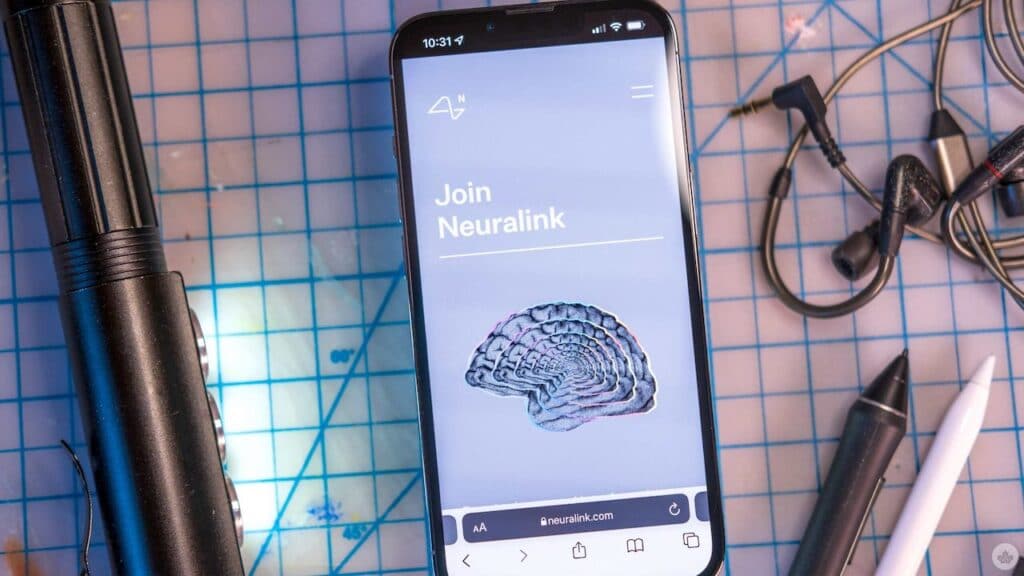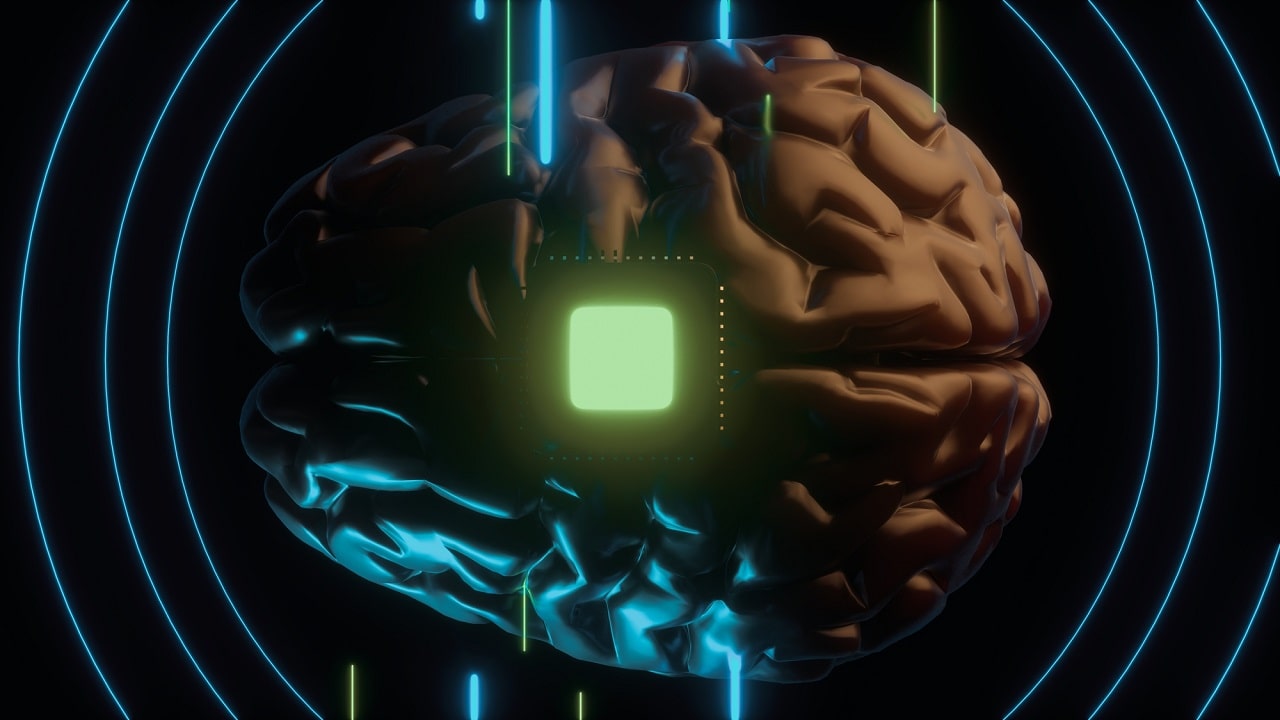Neuralinkthe brain implant company of Elon Musk, faces a new block to the ambition to start with human trials. Indeed, the Food and Drug Administration (FDA) allegedly rejected Neuralink’s request to proceed with human trials.
Neuralink, stop testing on humans – FDA request rejected
For some time now Musk says human tests for the brain-computer interface are just around the corner. In 2019 it said FDA approval would come by the end of 2020. In 2021, that it would come in the same year. Twice, both in April and November 2022, the CEO promised that the first experiments on human patients were just a few months away.
But according to Reuters, which cites seven current and former employees of the company as sources, Neuralink has received a rejection by the FDA. According to these statements, the company only submitted the request at the beginning of 2022, however receiving a rejection. Neither Neuralink nor the FDA confirms or denies these claims.

The FDA clears about two out of three human trial applications for medical devices in the first round, a figure that it rises to 85% in the second round, according to Reuters. But according to the newspaper, he would have rejected Neuralink for “major safety concerns”.
It seems that the critical points mainly concern the lithium-ion battery of biotech devices, but also other smaller parts and wires that they could end up moving to the brain. Furthermore, the question of how remains unresolved safely conduct the removal of the implant.
This rejection adds to other problems Musk’s company has had, such as complaints from animal rights activists over animal testing, which according to Physicians Committee for Responsible Medicine would have led to the unnecessary deaths of several primates.
Other companies, such as Synchron, have received FDA approval and in 2022 have already implemented a chip inside a human brain. So it seems that Neuralink is losing the race for this technology – even if it is said that it cannot catch up in the future. But it will be impossible if it doesn’t demonstrate the safety required to pass FDA approval.















Leave a Reply
View Comments